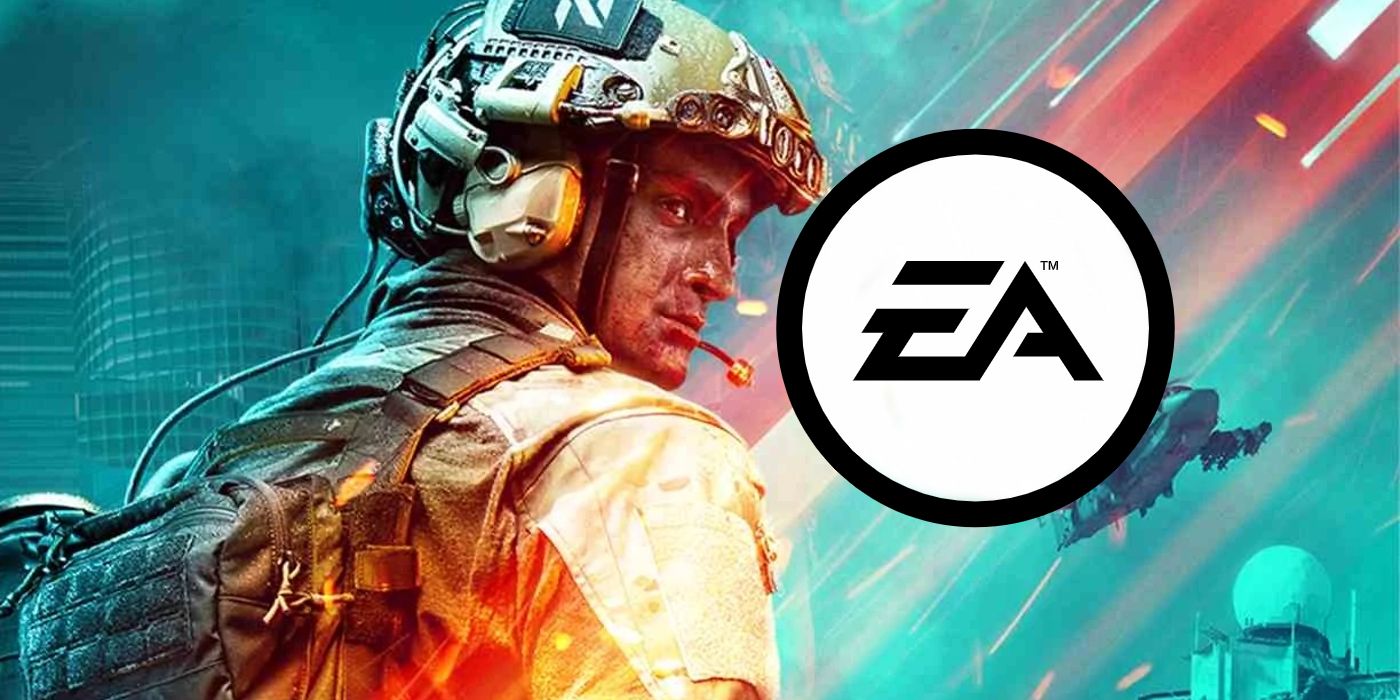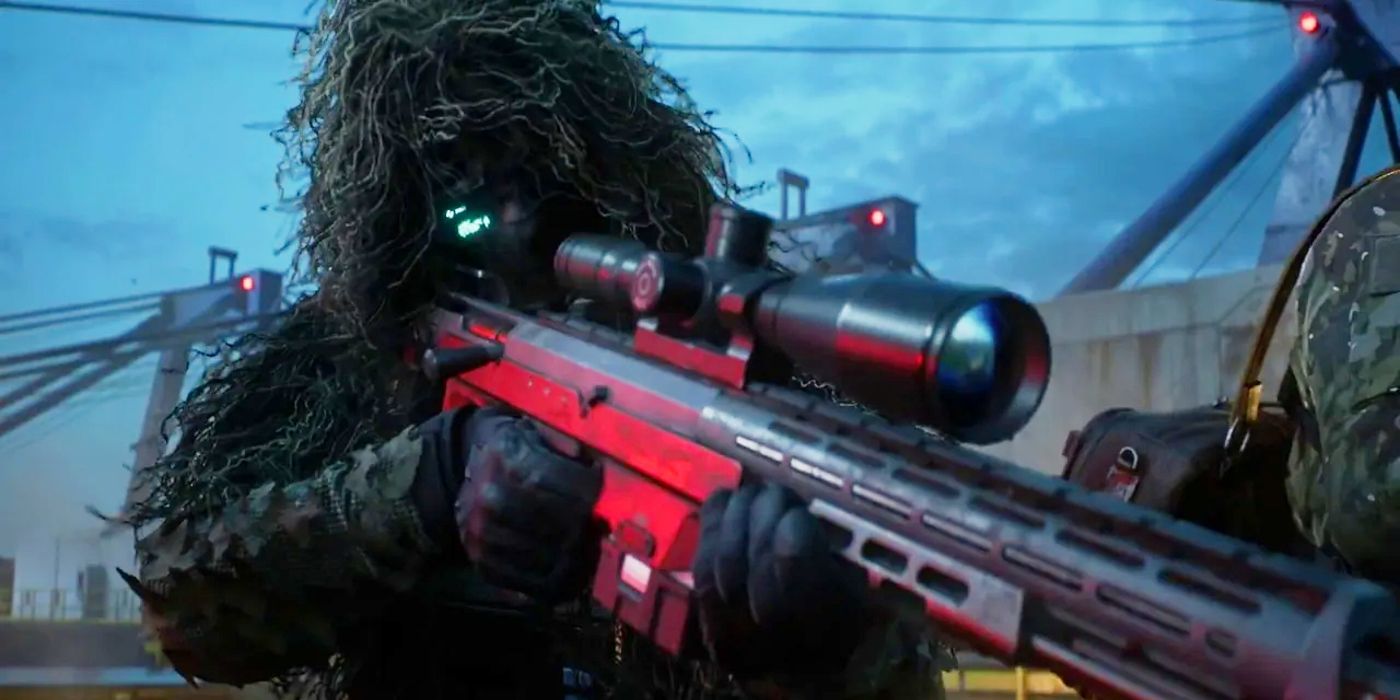Battlefield Universe Is The Wrong Answer To EA's 2042 Failure

Following the devastating launch of Battlefield 2042, EA has announced plans to develop a connected universe for the Battlefield series, illustrating that the company has learned the wrong lessons from its failure. Battlefield 2042 has been criticized by many fans for its new game mechanics that have departed from the franchise's norm, with Specialists and other elements arguably disincentivizing teamplay. Building a Battlefield universe when the hero-shooter elements of 2042 have already been criticized seems like a mistake, and may hint that future entries won't mark a return to the formula many have felt has been missing from the newest game.
EA's plan for a connected Battlefield universe is to create an overarching narrative that connects the series' titles. This change follows the departure of DICE's GM Oksar Gabrielson from the company and the appointment of Vince Zampella as the head of the series. Zampella, who is the CEO of Respawn, has a track record of being associated with games that have strong lore and world-building, such as the Titanfall series and its spin-off, Apex Legends. Zampella was also a key architect on the early Call of Duty titles. Battlefield's sudden change in direction makes sense with that in mind, as Zampella's previous games have all emphasized story elements and laid the groundwork for the series' biggest rival in CoD.
However, this change of focus toward narratives and lore-building is not what the Battlefield series needs at the moment. Battlefield 2042's disappointing reception shows that DICE needs to reconsider how it wishes to approach future entries, while also discovering ways to introduce new mechanics that will keep them fresh. Though Zampella's experience on Call of Duty and Titanfall may elevate Battlefield's storytelling, criticisms of 2042 are primarily concerned with multiplayer, which should be DICE's main focus in future games.

DICE needs to zero in on what went wrong with Battlefield 2042's multiplayer. The game received a mixed response at first, with many players appreciating its ambition while criticizing its lack of polish. However, these launch-period flaws are still yet to be addressed; 128 player lobbies still result in server crashes, weapon-bloom makes 2042's guns feel bad, and the Specialists are still yet to justify the removal of Classes. In all, it could be argued that the new features DICE introduced with Battlefield 2042 are precisely the reason behind why it's disappointed.
Plans are already in place for Battlefield 2042 to make a comeback, but in regards to future entries, introducing more narrative elements to the series instead of returning to its core mechanics may make things worse. There are positives to draw from 2042's Specialists, such as the gadgets, but the backlash to the hero-shooter cosmetics shows that it'd be a mistake to lean further in that direction. Battlefield is at its best when facilitating large-scale open-warfare with an emphasis on team play, and it occupies a unique space in the genre. As more FPS titles move into the hero-shooter space occupied by Overwatch, Rainbow Six Siege, and Titanfall spin-off Apex Legends, Battlefield's best move could just be to return to its core formula.
Of course, building a connected universe while making Battlefield gameplay fun again does not have to be mutually exclusive. It would be incorrect to say that focusing on a topic like lore distracts developers from fixing in-game issues, and there's every chance that Battlefield could adopt more narrative elements while returning to its roots in a future entry. The concern with the Battlefield universe, though, is that it may lean further into the elements many players responded negatively to in Battlefield 2042.
No comments: